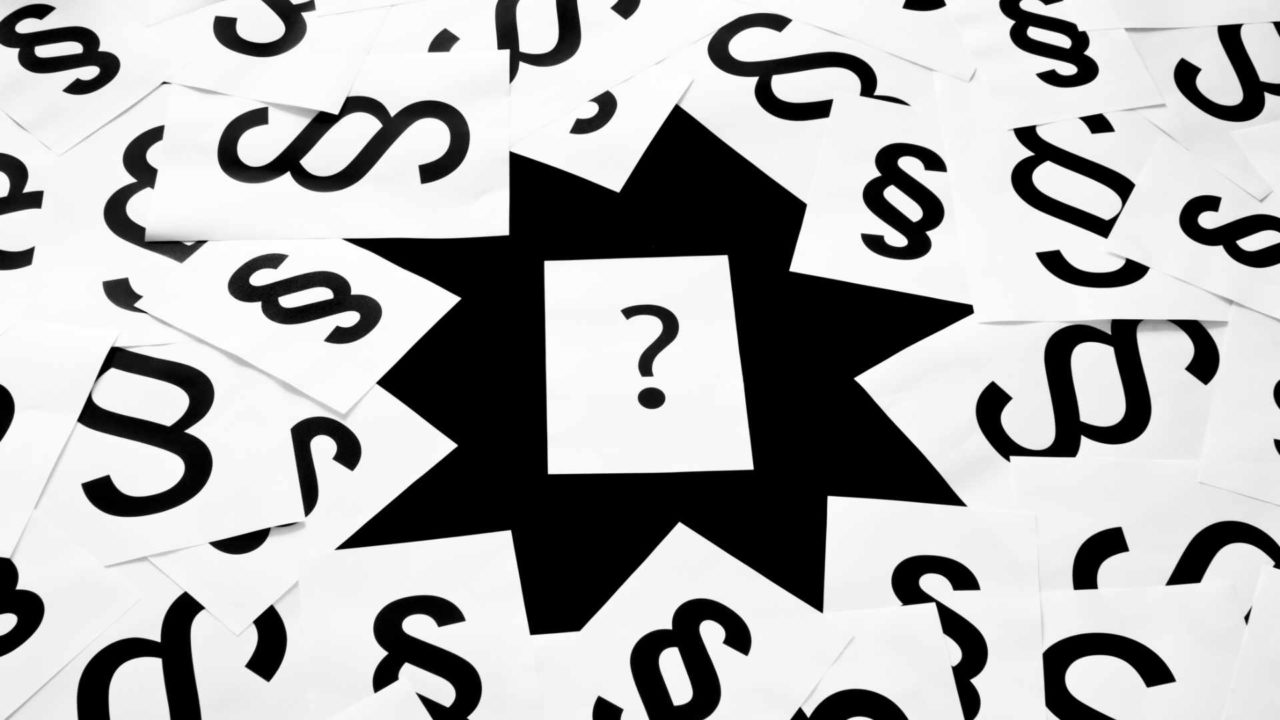The conversation around digital sovereignty in Europe is gaining serious momentum. Ever since the acquisition of one of the last major independent European email security providers by a U.S. company, it has become clear how quickly established IT infrastructures can fall into foreign hands.
The fact that this involved Hornetsecurity, a company primarily focused on Microsoft 365, should raise concerns among many users, not just regarding data protection. The growing influence of non-European actors on critical digital infrastructure raises not just strategic and economic concerns, but also touches on essential aspects such as control and availability, in particular in critical industries and processes.
Political Interests Meet Critical Infrastructure
A particularly stark signal of Europe’s digital dependency came recently when Microsoft blocked access to certain email services. Amidst geopolitical tensions surrounding investigations into the chief prosecutor of the International Criminal Court, that individual’s access to Microsoft accounts was reportedly suspended. Even if there may have been understandable motives in this specific case, the incident demonstrates how European users are, in times of crisis, dependent on political decisions taken outside the EU.
In this context, long-standing regulatory frameworks such as the U.S. CLOUD Act are once again coming into focus: Even if data is physically stored on servers within the EU, U.S. authorities can legally compel access from American providers. This is not new, but it is gaining a new level of urgency given increasing geopolitical instability.
European Providers: It Is About More Than Data Center Locations
For many companies, it is no longer enough for providers to simply point to data centers in Germany or elsewhere in Europe. True digital sovereignty can only be guaranteed when the provider’s legal headquarters and ownership structures are fully European – with no direct or indirect control by investors or parent companies outside the EU. Only under these conditions can European data protection standards and values be guaranteed in the long term.
Many organizations rely on U.S. providers at various points in their IT stack. But the sensitive topic of email security highlights how vital it is to have solutions that are independent of any one email provider and can continue to function even if that provider changes. Those who rely entirely on a closed, proprietary ecosystem may find themselves with very few options when a crisis hits.
Security Also Means Control
What is also clear: Email security today goes far beyond merely defending against phishing and malware. Email is and will remain a critical pillar of digital communication in both businesses and government agencies. The boundaries between security, infrastructure and email management are increasingly blurred. That is why control over this channel must lie in European hands, both technically and legally.
Choosing a European provider is therefore more than just a political statement – it is an economic and legal necessity. Those who want to ensure secure, compliant and flexible digital communication in the long term must consider how independent a provider truly is and what flexibility it guarantees in times of crisis.




